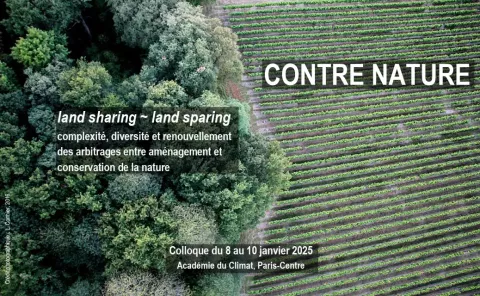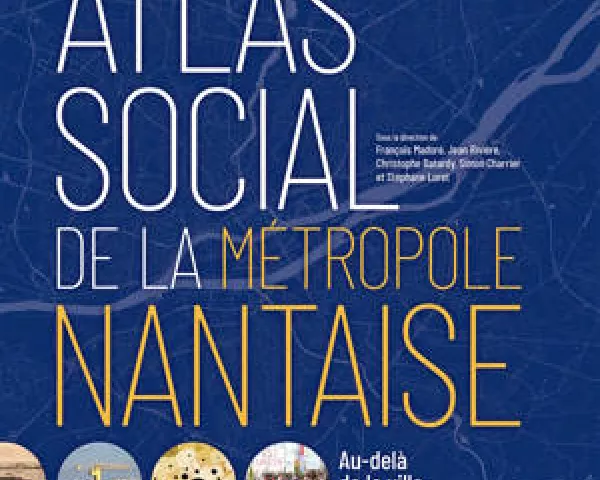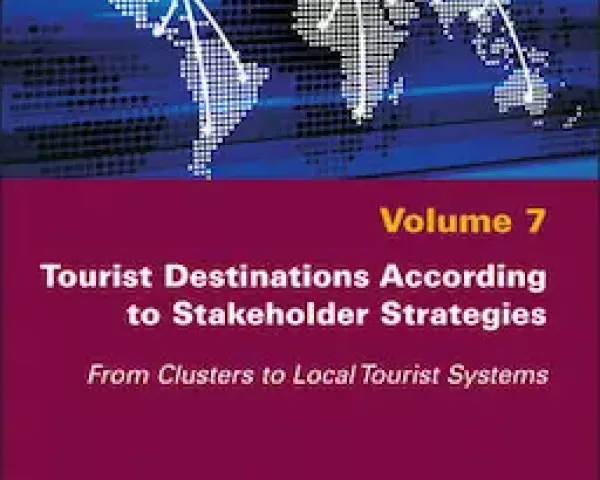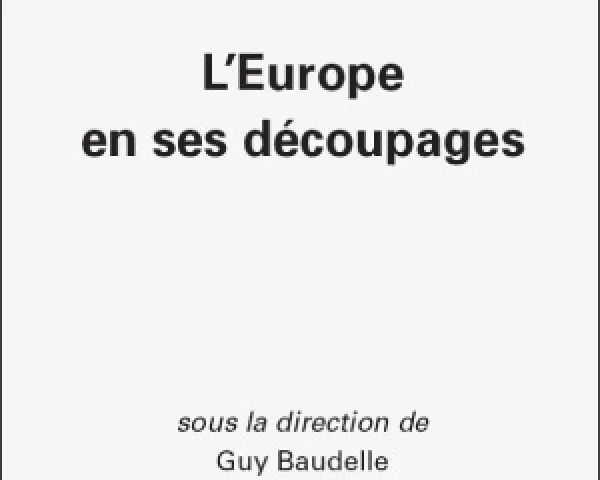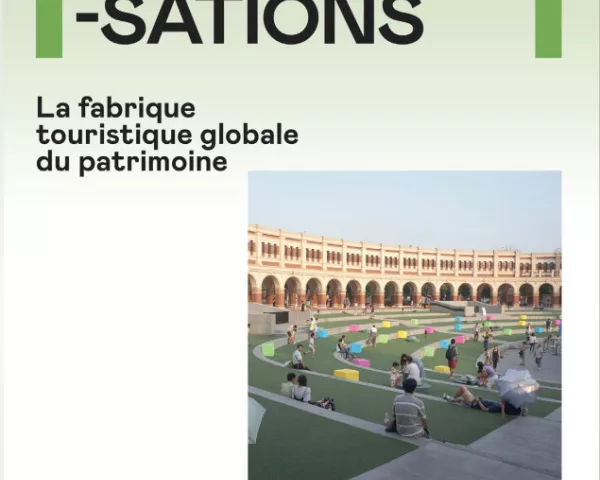French perspectives of the genesis of a new international tourism in the interwar period
The First World War shattered European national public finances. Even before the end of the conflict, the belligerent states realize that tourism is one of the few economic activities capable of quickly repatriating the gold spent for almost five years. In France, to attract international tourists, the government thus decides to promote memorial tourism of the Great War while continuing to promote the picturesque sites which had forged its fame in the past. But the success of such an enterprise was impossible without a favorable context. Tourism, which had benefited from nationalist perspectives to organize itself during the 19th century (see articles by Adrian Franklin), became a national economic actor. In the 1920s, the country took advantage of the weakness of the franc against other foreign currencies (in particular the pound sterling and the US dollar) to attract foreign customers. While continuing to develop its national clientele (with the progressive diffusion of paid vacation), France is becoming tourist. If the economic crisis of 1929 suddenly changed the outlook by favoring a nationalist withdrawal, including in the field of tourism, as the League of Nations regrets in a 1934 report, the development of international tourism did not stop entirely. In fact, it is encouraged by international structures. The conditions are now ripe for the emergence of a new international tourism (this time perceived as a transnational exchange and not between foreign destinations) which will not materialize, as Olivier Dehoorne specifies, after the Second World War.
The First World War shattered European national public finances. Even before the end of the conflict, the belligerent states realize that tourism is one of the few economic activities capable of quickly repatriating the gold spent for almost five years. In France, to attract international tourists, the government thus decides to promote memorial tourism of the Great War while continuing to promote the picturesque sites which had forged its fame in the past. But the success of such an enterprise was impossible without a favorable context. Tourism, which had benefited from nationalist perspectives to organize itself during the 19th century (see articles by Adrian Franklin), became a national economic actor. In the 1920s, the country took advantage of the weakness of the franc against other foreign currencies (in particular the pound sterling and the US dollar) to attract foreign customers. While continuing to develop its national clientele (with the progressive diffusion of paid vacation), France is becoming tourist. If the economic crisis of 1929 suddenly changed the outlook by favoring a nationalist withdrawal, including in the field of tourism, as the League of Nations regrets in a 1934 report, the development of international tourism did not stop entirely. In fact, it is encouraged by international structures. The conditions are now ripe for the emergence of a new international tourism (this time perceived as a transnational exchange and not between foreign destinations) which will not materialize, as Olivier Dehoorne specifies, after the Second World War.



